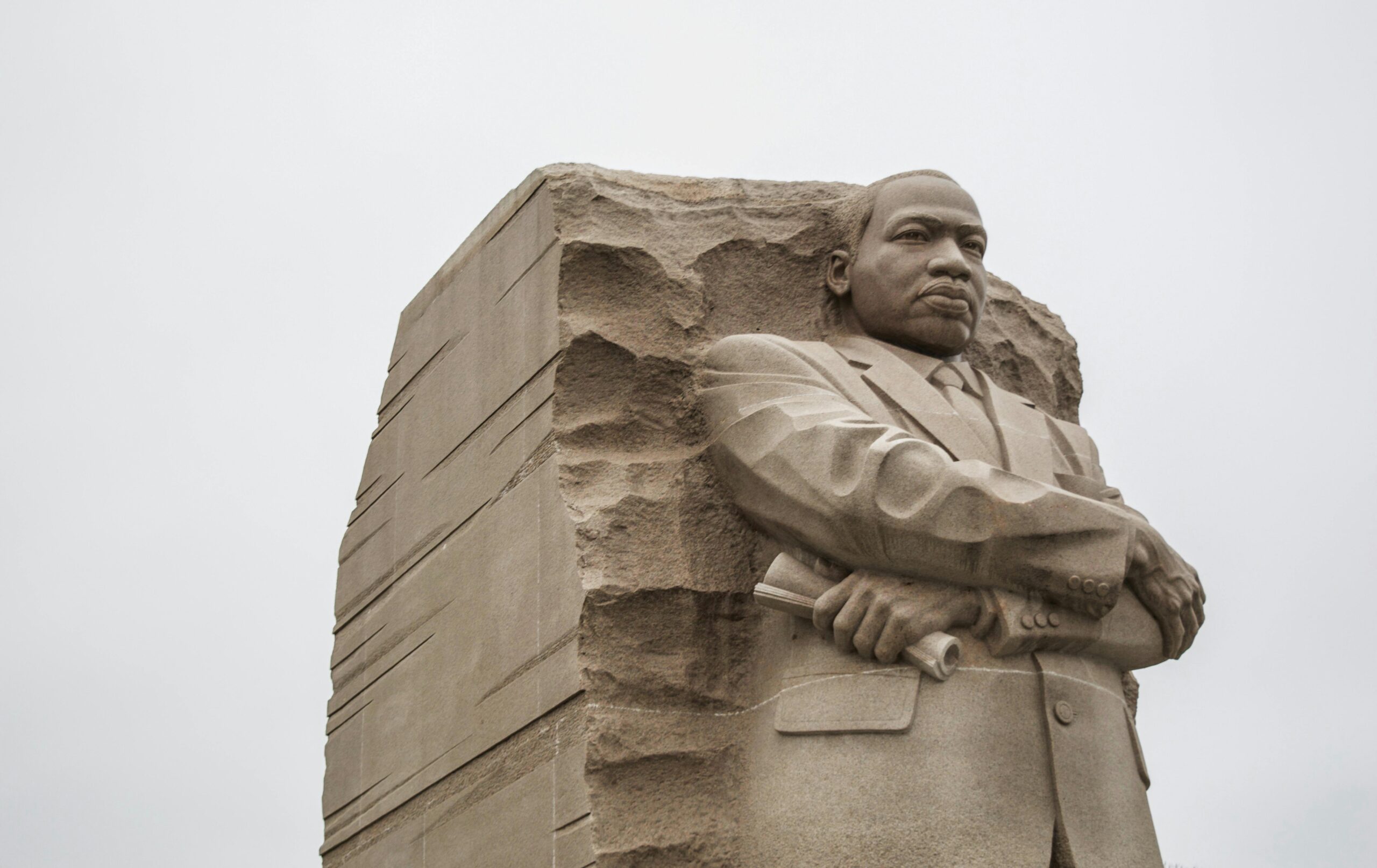I wasn’t always a meditation teacher. I didn’t even meditate until 5 years into my career as a hospitalist. I suffered from severe burnout, and I was in desperate need of a change. Once I learned to meditate, everything started to improve. I stopped crying. I stopped having road rage. I was able to find the space within to have compassion for my patients again. I stopped being so hard on my residents and students. I stopped trying to control everything. The benefits were so profound that I eventually decided to become a meditation teacher and trained for 3 months in India.
I never intended to leave clinical medicine, but I realized I had so much I could offer to the medical community if I devoted my energy to teaching this incredible technique to people who need it the most- doctors and other healthcare professionals. And thus, with my full immersion into life as ‘the doctor who became a meditation teacher’, I began speaking with A LOT of doctors about meditation. I took note of attitudes and beliefs about physician wellness, and I noticed that for every doctor who is interested in making change in their lives through meditation, there were five more who were skeptical about the work I do.
Here are the 5 most common 4-letter words in physician wellness, and why I love them anyway:
1. SELF-CARE. I get it. It’s generic and vague. Is self-care taking a day off, or going to the movies, or getting a massage? Or maybe meeting with other docs and venting about the system? To me, the best thing about self-care is that you get to pick what works for you! Listen to your body- do you need rest? Intense exercise? Camaraderie? Pick what you need, and do it. Challenge: set aside 1 hour per week, at the same time, and do something that you want to do.
2. COMPASSION. Doctors are the worst at showing themselves compassion. I once did a compassion exercise where we were asked to summon up all the love we could towards someone else in our life, and then direct that same love back on ourselves. As we moved through the exercise, I started weeping. Why? I realized it was the first time I had ever given myself that kind of pure, direct love. I was 36. It is essential that doctors learn self-compassion; we can’t give to others if our cup isn’t full. Challenge: once a day for 3 minutes: close your eyes, summon up the unconditional love you have for a spouse, child, pet, or friend, and then re-direct that love back onto yourself.
3. GRATITUDE. I know, it sounds ‘woo-woo’. But, it actually changes the way our brains perceive the world around us. What we put our attention on grows. If we spent half as much time on gratitude as we do on complaining about the system, our jobs, or the EMR, we’d all be surprised at how much better we feel. Challenge: keep a jar and a notebook by your bed. Every night, write 3 things you are grateful for on a small piece of paper, and then fold it and put it in the jar.
4. BURNOUT. Is it burnout, or is it moral injury? There is a sentiment that by calling it burnout, we are blaming the doctor and letting the broken system off the hook. Moral injury, on the other hand, blames the system. Here’s my take: putting all the blame on one thing can lead to an unhealthy lack of accountability on either side. Yes, fix the system. But it’s your life! Being mad at the system all day won’t make docs any happier (see #3). Challenge: the next time you find yourself complaining about the system, let that be your trigger to pick one thing YOU can take action on. Join a committee so your voice can be heard. Sign up for an exercise class. Book that vacation you’ve been eying.
5. MEDITATION. Meditation in the physician wellness sphere gets a bad rap because it’s often forced, it’s not taught in a way that is easy (or comfortable) to do, and docs are not given paid time off to learn/practice. Meditation doesn’t have to be that way! In the type of meditation I teach, we sit comfortably, we want our minds to wander, and it’s actually a good thing if you fall asleep. There are also plenty of apps out there that take the guesswork out of meditation.
Challenge: grab your phone and download an app like calm.com or headspace, and meditate 5 minutes a day for a week. Pick the same location and same time each day. Physician wellness, or lack thereof, is a major public health issue. There are easy things even the most skeptical of us can do to bring some more balance into our lives, which will make us better doctors, better moms/sisters/wives/girlfriends, and better advocates for change in our healthcare system.
After practicing hospital medicine in Chicago for 10 years, Jill Wener, MD is now based in Atlanta and teaches Conscious Health Meditation to doctors throughout the U.S. You can learn more about her programs, including an upcoming retreat for Women in Healthcare, at www.meditationinmedicine.com. You can follow her on Instagram @jillwenerMD, Twitter @jillwenerMD, and facebook @meditationinmedicine.





